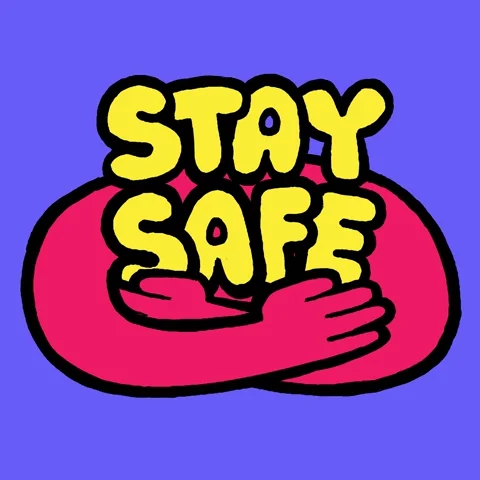
This logo isn't an ad or affiliate link. It's an organization that shares in our mission, and empowered the authors to share their insights in Byte form.
Rumie vets Bytes for compliance with our
Standards.
The organization is responsible for the completeness and reliability of the content.
Learn more
about how Rumie works with partners.
Is your mental well-being and emotional state suddenly getting worse?
 Photo by Eric Ward on Unsplash
Photo by Eric Ward on UnsplashAre you continuously having a hard time functioning throughout the day and keeping up with tasks?
If so, it's possible that you might be experiencing a mental health crisis.
To navigate a mental health crisis, it's important to have a mental health crisis plan in place. This will help your family, friends, and/or support group know how to best assist you.
What is mental health crisis?
 A mental health crisis is any situation when a person displays behavior that may be harmful to themself or others, and/or prevents them from self-care or completing most daily tasks.
A mental health crisis is any situation when a person displays behavior that may be harmful to themself or others, and/or prevents them from self-care or completing most daily tasks.
Every person in a mental health crisis displays different behaviors.
The following are some common behaviors that might be signs of a mental health crisis :
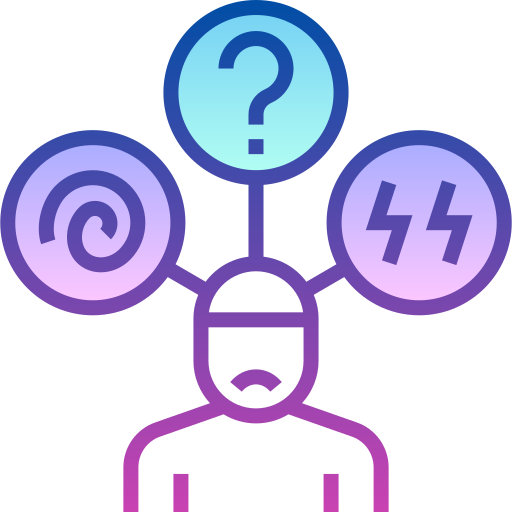
Abrupt and rapid mood swings
Social withdrawal
Difficulty performing daily routine tasks
Signs of self-harm
Paranoia or losing touch with reality
Hostility or abuse towards others
Did you know?
What is a mental health crisis plan?
A mental health crisis plan is a document that outlines what to do when a crisis happens. The plan is usually created before a crisis occurs and shared with friends, family, and/or a support group.
A mental health crisis plan includes:
medical history (eg. allergies)
basic and current medical information (eg. emergency contacts, current diagnoses)
contact information for nearby emergency rooms and crisis management centers
behaviors/emotions that require calling 911 or heading to the emergency room (eg. self-harm, paranoia)
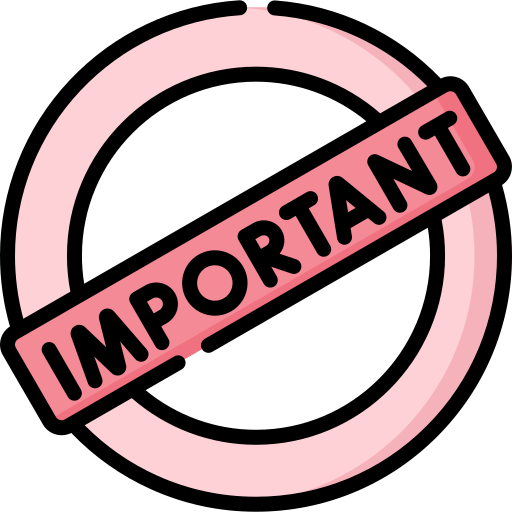
How can this information help?
Planning potential support options in advance during less stressful times will help you and those close to you be ready for situations where you might want or need assistance.
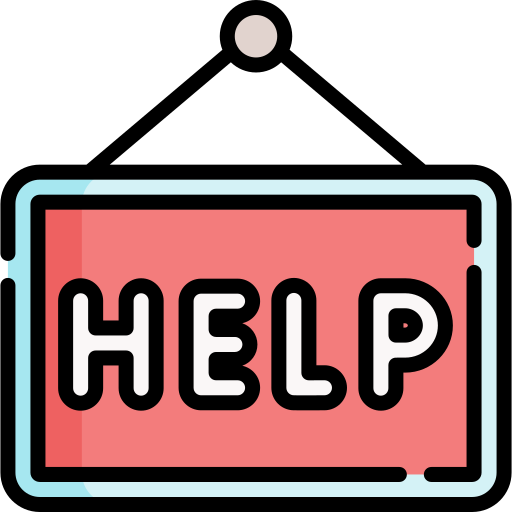
If you have access to a mental health professional, you can consult them for guidance when creating the plan.
Creating your mental health crisis plan
Step 1. Record emergency contact information
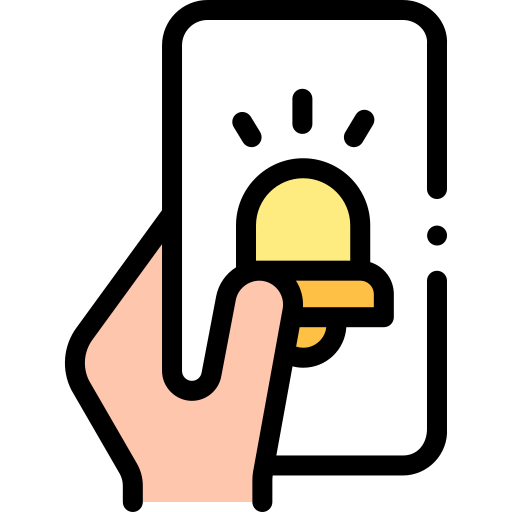
Write down the names and contact information of people and places you can turn to like family, support groups, and/or nearby emergency rooms and crisis management centers.
Step 2. Record medical information
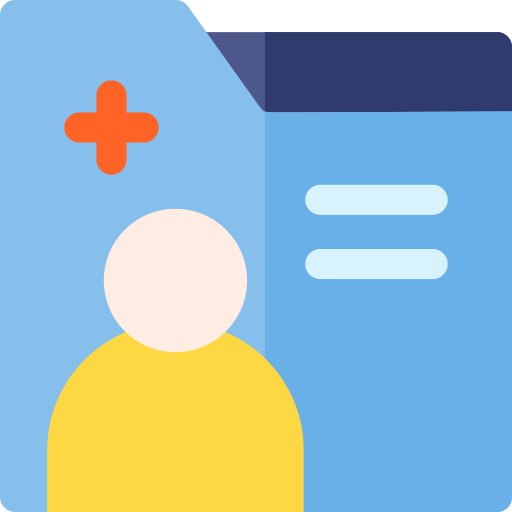
Write down your medical history, as well as your basic and current medical information — for example, allergies, prior illnesses, and current diagnoses.
Step 3. Record signs of behaviors

Write down signs or behaviors that may result in a mental health crisis.
Tell your family, friends, and support group how to recognize the signs in detail.
Describe your preferred treatment.
Tell your family, friends, or support group who they should contact regarding particular signs of a mental health crisis (eg. "for self-harm that puts me in immediate danger, call 911").
Did you know?
Helpful tips for maintaining a mental health crisis plan
Quiz
Priya is a young adolescent. She leads a regular life except from her random bouts of sadness that keep her isolated for days at a time. Could she benefit from a mental health crisis plan?
Priya's random bouts of sadness might be signs of a mental health crisis in the future because they cause extended periods of isolation and withdrawal. Priya should consider preparing a mental health crisis plan right away.
Take Action
Put your safety net in place and start creating your mental health crisis plan.
This Byte has been authored by
Satarupa Das Majumder
Instructional Designer |Sr. SME| Educator
This Byte has been reviewed by
Lana Do
MD, MPH, BCMAS


